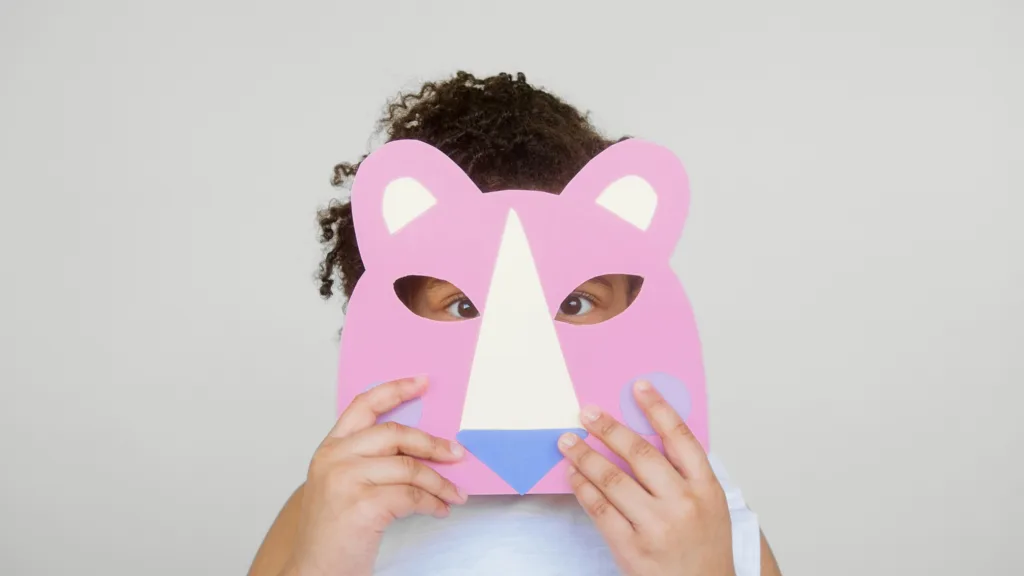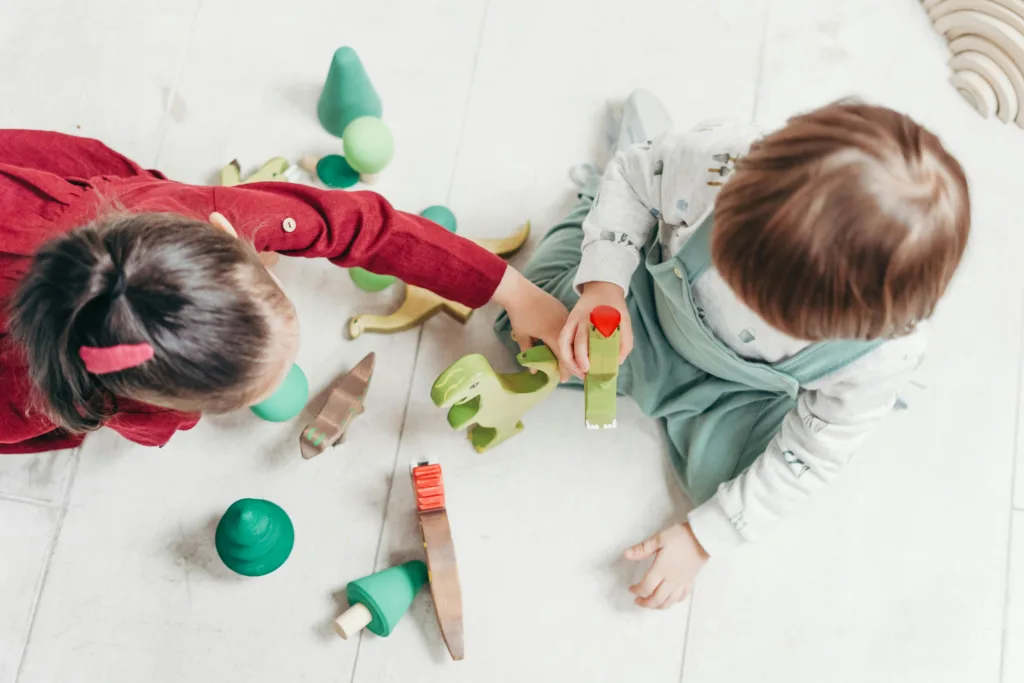Play is often considered just a way for children to pass the time, but in reality, it’s a vital component of early childhood development. Through play, children learn about the world around them, develop essential skills, and form the foundation for lifelong learning and well-being. Here’s a deep dive into why play is so important and how it benefits young children.
Types of Play: Understanding Different Forms of Play and Their Benefits
Play comes in many forms, each offering unique benefits for a child’s development. Understanding these types can help you provide diverse and enriching play experiences for your child.
- Unstructured Play: Also known as free play, this type is child-initiated and allows children to use their imagination and creativity without specific goals or rules. Examples include playing with dolls, building with blocks, or drawing. Unstructured play fosters creativity, decision-making, and independence.
- Structured Play: This type is more organized and often led by an adult, such as playing a board game, participating in a sport, or doing a craft project. Structured play helps children learn rules, follow instructions, and develop social skills like cooperation and turn-taking.
- Physical Play: Activities like running, jumping, climbing, and dancing fall into this category. Physical play enhances motor skills, coordination, and overall physical health. It’s also a great way for children to release energy and develop a sense of physical confidence.
- Pretend Play: Also known as imaginative or make-believe play, this involves children creating scenarios and acting them out, such as playing house, pretending to be a superhero, or running a pretend shop. Pretend play helps develop language skills, emotional understanding, and social roles.
- Constructive Play: This involves creating or constructing something, such as building a tower with blocks or making a sandcastle. Constructive play enhances problem-solving skills, spatial awareness, and fine motor skills.

Play and Cognitive Skills: How Play Enhances Thinking and Problem-Solving
Play is a powerful tool for cognitive development, offering numerous opportunities for children to think critically and solve problems.
- Exploration and Discovery: During play, children explore their environment and discover how things work. For example, playing with water and sand teaches concepts like volume and texture.
- Problem-Solving: Whether they are figuring out how to fit blocks together or navigating a game, play challenges children to solve problems. This boosts their cognitive abilities and prepares them for academic learning.
- Memory and Concentration: Games that involve matching, sequencing, or recalling details improve memory and concentration. Simple activities like puzzles or memory cards are excellent for this.
- Language Development: Through play, children experiment with language, learn new words, and practice communication. Storytelling and role-playing are particularly beneficial for language skills.
- Numeracy Skills: Play can introduce basic math concepts such as counting, shapes, and patterns. Sorting games, counting toys, and board games with numbers are practical tools for developing numeracy skills.
Social Skills through Play: Building Cooperation and Empathy in Children
Play is essential for social development, helping children learn how to interact with others, build relationships, and understand social norms.
- Turn-Taking and Sharing: Activities that require sharing and taking turns, like playing a board game or building a shared project, teach children cooperation and patience.
- Empathy and Understanding: Through role-playing and pretend play, children step into different roles and perspectives, which fosters empathy and understanding of others’ feelings and viewpoints.
- Communication Skills: Play provides a natural context for practicing communication. Children learn to express their ideas, listen to others, and negotiate during group play.
- Conflict Resolution: When disagreements arise during play, children have the opportunity to practice conflict resolution skills. Learning to resolve disputes amicably is an important life skill.
- Teamwork: Group activities and team sports teach the value of teamwork, collective effort, and working towards a common goal.

Physical Development: The Role of Play in Motor Skills and Coordination
Physical play is crucial for developing both fine and gross motor skills, as well as overall physical health and coordination.
- Gross Motor Skills: Activities like running, jumping, climbing, and dancing help develop large muscle groups. These skills are essential for everyday tasks and overall physical fitness.
- Fine Motor Skills: Play that involves manipulating small objects, like building with LEGO, drawing, or threading beads, enhances fine motor skills and hand-eye coordination.
- Balance and Coordination: Games that require balance and coordination, such as riding a bike, playing hopscotch, or balancing on a beam, are excellent for physical development.
- Health and Fitness: Physical play promotes overall health and fitness, helping to build strong bones and muscles, improve cardiovascular health, and maintain a healthy weight.
- Body Awareness: Through physical activities, children develop an awareness of their bodies and how they move, which is important for physical confidence and safety.
Creating a Play-Friendly Environment: Tips for Setting Up a Conducive Play Area
Providing a safe, stimulating environment is key to encouraging productive play. Here are some tips for creating a play-friendly space:
- Safety First: Ensure the play area is safe, with no sharp edges, small parts that could be a choking hazard, or dangerous objects within reach.
- Variety of Materials: Offer a variety of toys and materials that cater to different types of play, including blocks, art supplies, dress-up clothes, and outdoor equipment.
- Accessible Storage: Keep toys and materials organized and within easy reach of your child. Accessible storage encourages independence and allows children to choose what they want to play with.
- Open Space: Provide open space for physical activities. This could be a designated area in the house or a safe outdoor space.
- Quiet Zones: Create a quiet, cozy area for reading, puzzles, and other calm activities. This helps balance active play with quieter, reflective play.
- Rotate Toys: To keep the play environment fresh and stimulating, rotate toys regularly. This prevents boredom and re-engages interest in different activities.

Conclusion
Play is not just a way to keep children occupied; it’s a fundamental aspect of their development. Through various types of play, children develop cognitive, social, physical, and emotional skills that lay the groundwork for future learning and well-being. By understanding the importance of play and providing a rich, diverse play environment, you can support your child’s growth and help them thrive.

